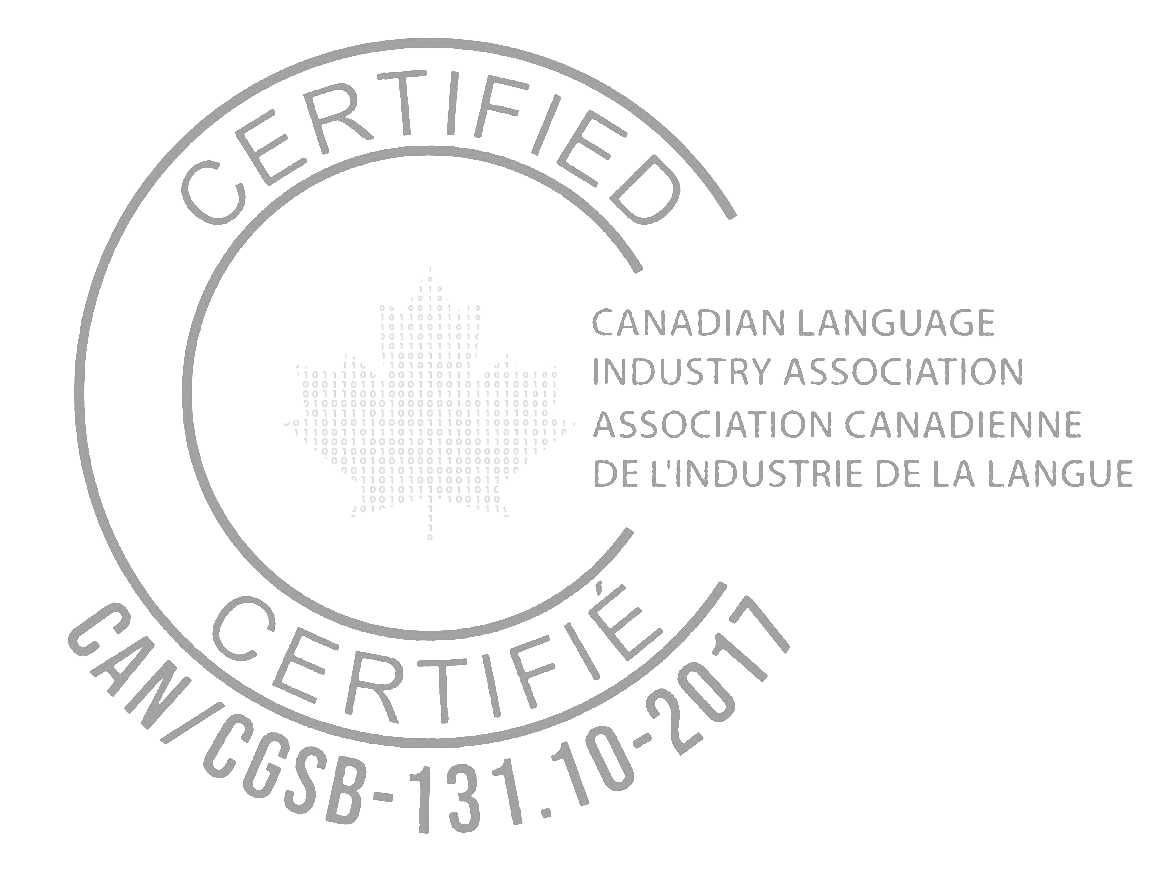Our second Bill 96 webinar focused on how the recently adopted bill will affect traditional tasks within a human resources context. Topics such as employment agreements and obligations, understanding the translation requirements, and how to prepare your communications with your employees were addressed by our expert panelists, Tania Da Silva and Stephanie Blakely, both prominent lawyers at DLA Piper.


BILL 96’S INTENDED PURPOSE
Did you know that the bill has four main objectives? Tania and Stephanie highlight the bill's intended purposes, allowing attendees to understand why Bill 96 came into play in the first place. Firstly, establishing French as the only official and common language in Quebec is at the forefront of the intended goals. Secondly, strengthening the status of the French in Quebec, not just from a macro level but a micro one, is a priority for the provincial government. What does this mean? Well, it means that almost any point of contact in your everyday life will be affected by Bill 96. Thirdly, the Quebec government wants to leverage Bill 96 to set the tone for how the French language should be used in the province. Lastly, the intended purpose of Bill 96 is to establish a language governance system that is both neutral and enforceable.
BILL 96 IS HERE TO STAY. HERE’S WHAT IT MEANS FOR TRADITIONAL HR PRACTICES
Tania and Stephanie dove into how Bill 96 will change the method by which organizations are obliged to manage and communicate with their employees. For instance, employee agreements and any other form of written communication must be given initially in French to new hires. Only when the employee expressly requests it can an agreement in an alternative language be provided. Furthermore, such a request should be formally obtained in writing and kept in the employee’s records. Subsequently, translation companies such as Alexa Translations have seen a significant uptick in translation requests.
What you need to know about Francization and its relation to Bill 96
Another critical element discussed in length was the process known as “francization.” Essentially, the latter approach is one in which a set of rules are implemented to ensure that the use of French is generalized throughout a company. The new Bill 96 brings stricter policies which are as such:
- Before Bill 96, companies only with 50 and more employees had to register with the OQLF and adhere to their French language policies. Under the new Bill 96, companies with 25 employees must register with the OQLF and adhere to their French language policies.
- Companies will now be required to conduct regular linguistic analyses of their business to adhere to OQLF certification requirements.
- Suppose French is not deemed to be generalized at all levels of the company. In that case, they are then required to undergo a francization program to bring French up to the level of being generalized throughout the company.
Consequences of not obtaining an OQLF certificate:
- List of non-compliant companies and the government of Quebec will refuse to enter into contracts or grant a subsidy.
- The OQLF has greater investigative powers under the charter post-Bill 96 and can inspect workplaces, take photos, access data, and work materials to conduct investigations, and impose fines.
- The OQLF can now request an injunction from the Superior court of Quebec to force compliance with charter requirements.
- Penal sanctions and fines have increased significantly post Bill 96. Minimum fines have now doubled in the province.
PRACTICAL CONSIDERATIONS
It’s essential to be well informed on Bill 96’s new regulations as it pertains to all matters of a human relations nature. Although a large majority of documentation, communications, and business practices must be made readily available in French, some significant caveats are addressed by Tania and Stephanie. To learn more about these caveats and how you can stay on top of the Bill 96 wave, we invite you to watch the webinar here!
To stay in the know with all the latest updates pertaining to Bill 96, visit our Bill 96 Hub.
To learn more about how Alexa Translations can help you remain compliant with Bill 96, contact us today!














